Swiss women at the polls!
It wasn't until 123 years after the Federal Constitution of 1848 and three years after the social movements in Europe in 1968 that Switzerland granted voting rights at federal level to all its citizens. Surprising for a prosperous and peaceful country like ours? Maybe not, when you consider the Swiss political system and the realities of those times. Let's take a look back at the history of gender equality in Switzerland with Sylvie Durrer, head of the Swiss Federal Office for Gender Equality.
In Switzerland, it was a somewhat winding road for women to achieve the right to vote. It was only on 7 February 1971 that 65.7% of the male electorate voted to amend the Federal Constitution to grant Swiss women the same political rights as Swiss men. Swiss women were now finally able to vote and stand for election at federal level – 53 years after Germany, 52 after Austria, 27 after France and 26 after Italy.
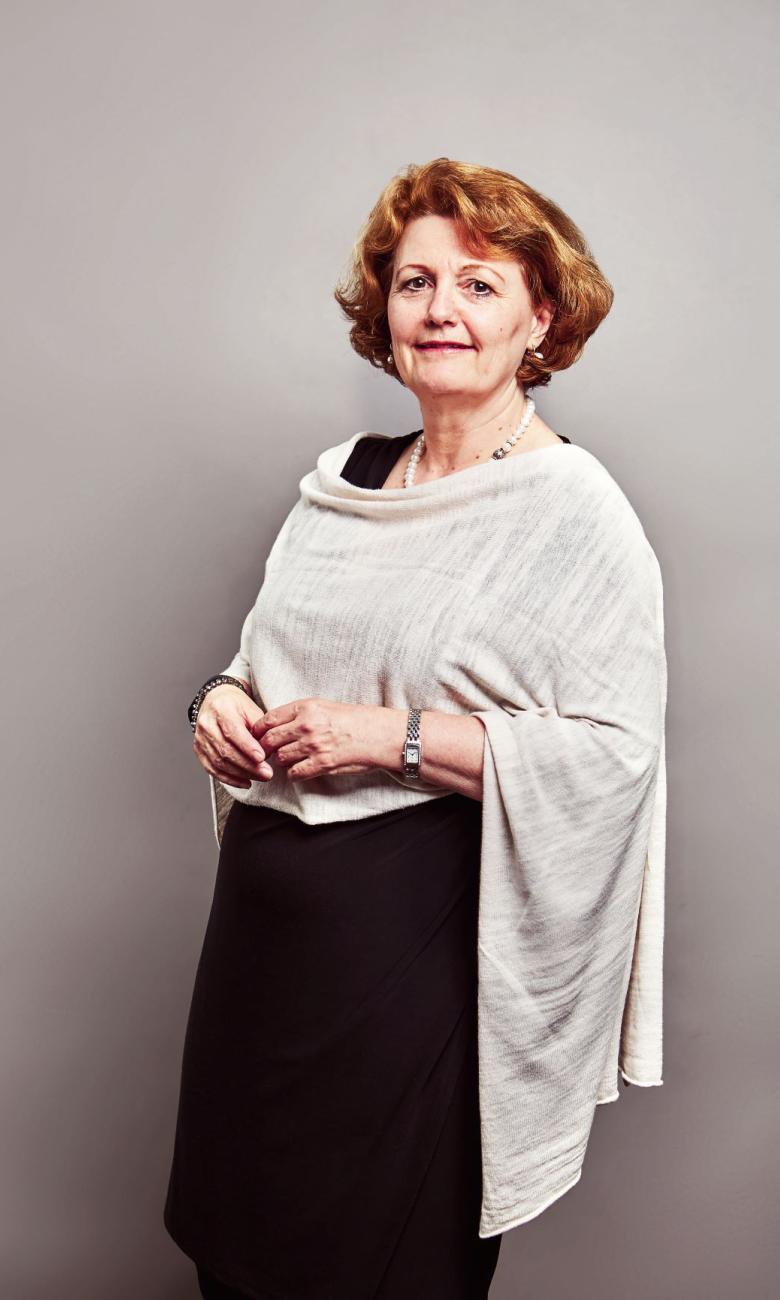
"Switzerland is a young democracy" explains Sylvie Durrer, head of the Federal Office for Gender Equality. Looking back at these conservative times, she reminds us that the first attempt in 1959 to achieve women's suffrage at federal level was rejected by 66.9% of the all-male electorate, refusing Swiss women the right to vote. Only the cantons of Geneva, Neuchâtel and Vaud were in favour. This at least paved the way for the first cracks to appear in Switzerland's conservative stronghold that year, with women in Vaud and Neuchâtel obtaining the right to participate in cantonal elections and Geneva following shortly after in 1960.
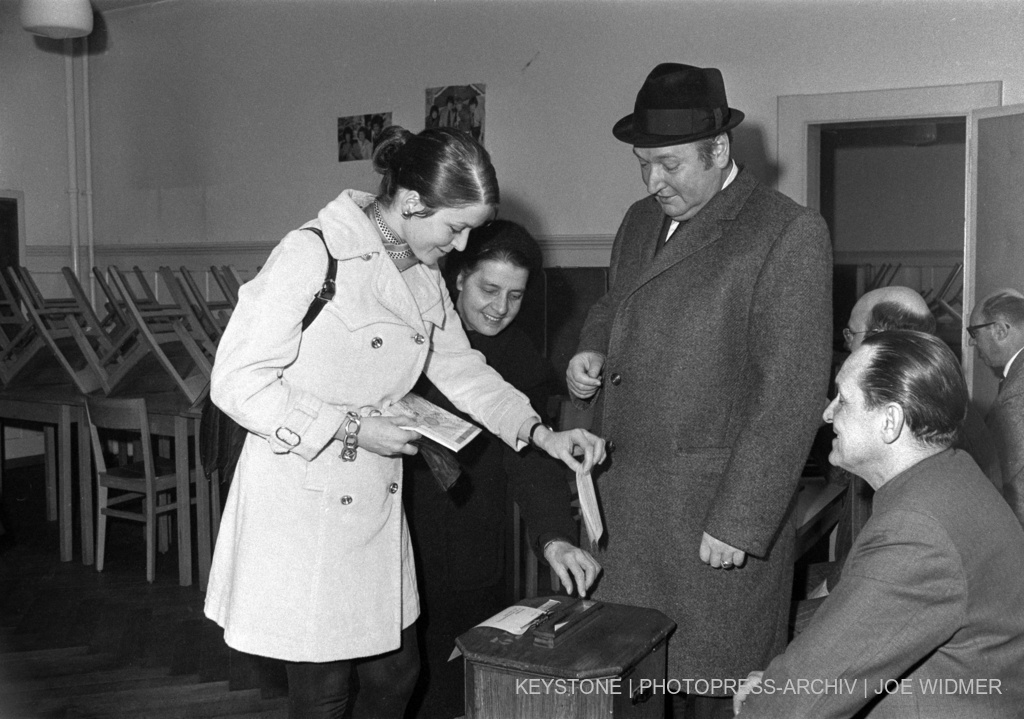
A global dynamic...
Switzerland didn't change much after the two world wars, but on the issue of equality it began to be swayed by the global momentum spearheaded by the United Nations, which declared 1975 International Women's Year. But these developments didn't just happen by chance, explains Durrer. "Wherever there is inequality, there will be people committed to opposing it and fighting it. The struggle for equal rights from 1950 to 1970 was constant." Indeed, the struggle for women's rights had been going on for a long time. Here's just one example: the 1929 national petition in favour of women's suffrage, which garnered almost 250,000 signatures – a third from men.
The trend took a lot longer to reach central Switzerland. Full political participation of Swiss women at cantonal and communal level was not achieved until 1990. Appenzell Innerrhoden was the last canton to introduce women's suffrage on 26 November 1990 following a Federal Supreme Court ruling that the terms 'citizen' and 'Swiss' in the cantonal constitution also applied to women.
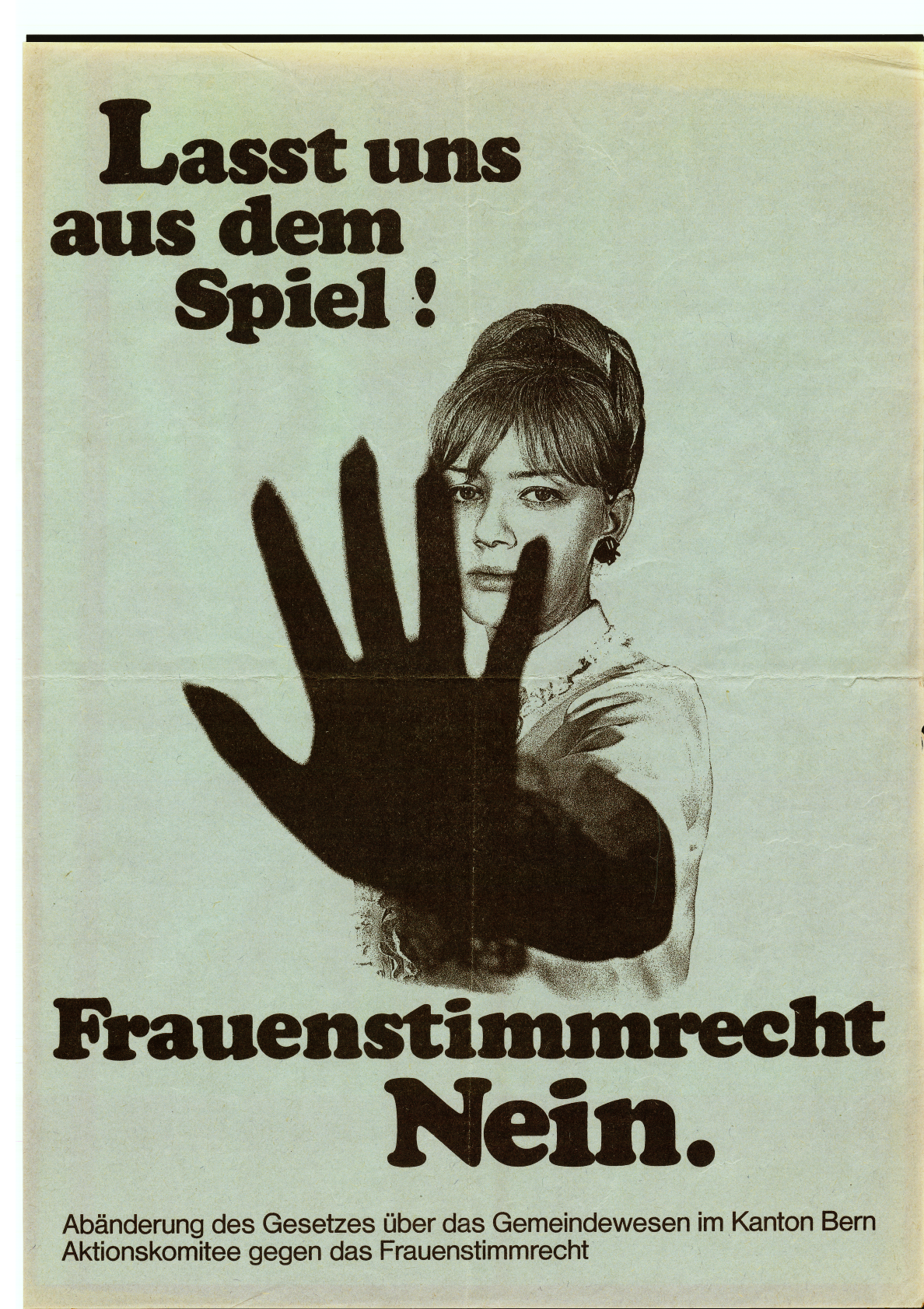
... and a country of diehards
The fact that Swiss women were granted the right to vote rather late in the day is largely due to the country's political system. First of all, Swiss cantons and communes have a considerable degree of administrative autonomy. And second, the Swiss electorate – men only at the time – gets to vote on decisions about substantive issues requiring amendments to the Federal Constitution. Voting rights for Swiss women at federal, cantonal and communal level could only therefore transpire if a majority of the male electorate voted in favour at each level. Besides this popular majority, a majority of the cantons also have to vote in favour at federal level. "The requirement for a cantonal majority was the main obstacle to the equal rights dynamic – conservative strongholds in central Switzerland feared it would jeopardise the traditional family set-up," says Durrer. In 1971, eight cantons and half-cantons in central Switzerland rejected women's suffrage. These were Appenzell Ausserrhoden and Innerrhoden, Glarus, Obwalden, Schwyz, St Gallen, Thurgau and Uri.
In addition to the economic and social aftermath of the two world wars and the prevailing conservatism at the time, Switzerland's backwardness on gender equality is therefore more about its political system rather than a patriarchal hold over the country per se. A presidential or parliamentary system would have been able to impose these basic political rights from above, achieving women's suffrage in Switzerland a lot sooner.
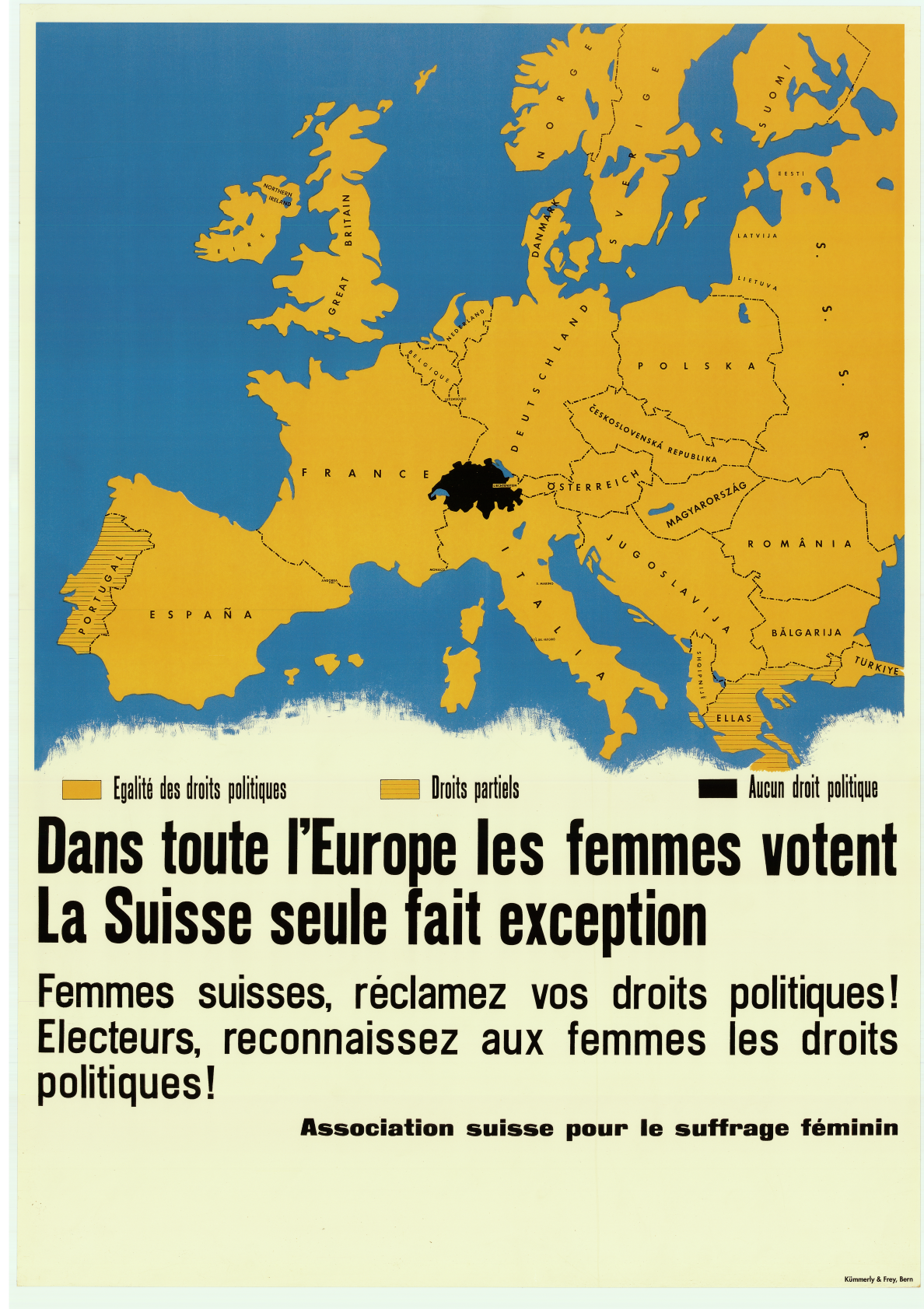
A vibrant democracy and deep-rooted achievements
Although the Swiss system is certainly slower, it also reaches further. Durrer sees this as a strong point: "Switzerland's strength is in this very social debate that our system allows. We're fortunate to have such a vibrant and participatory democracy. Once the pros and cons have been put on the table, and the debate has been carried out and concluded in a democratic way, we reach a solid result and an agreement in which everyone has been able to take part." This is a Swiss principle that can be built upon.
Are there any other examples? Durrer brings up some emotionally-charged social issues: the popular vote to legalise abortion in 2002, the introduction of statutory maternity leave in 2005, and paternity leave in 2020. "When it comes to granting rights in Switzerland, there are always public awareness campaigns and political debates." These exchanges, which can be quite hard-hitting at times, allow the electorate to form their own opinions before voting. This is another of the country's strengths that should not be overlooked when we evaluate the slow but far-reaching progress that has been made in terms of social rights.
Durrer supports this too: "We have been taking small but concrete steps since 1971. The changes aren't just symbolic, but make an actual difference in people's lives." A number of progressive advancements.

More pay, time and respect
The main slogan of the women's strike on 14 June 2019 demonstrates what gender equality in Switzerland means today. Expectations are high, so the policy of taking incremental steps towards greater equality can be frustrating. "We aren't celebrating 50 years of women's suffrage this year; we're commemorating it," Durrer clarifies. Although there has been considerable progress in this relatively short period of time, there is still a great deal to be done before true equality is achieved. The biggest challenges facing Switzerland today are the pay gap, work-life balance, and the lack of women in positions of responsibility, particularly on the boards of directors of major companies.
These are key issues because they have a direct impact on women's economic independence, family well-being, gender balance among decision makers, the visibility of women and their capacity to be role models for future generations.
In conclusion Durrer refers to the 5th Sustainable Development Goal of the UN's 2030 Agenda, which considers gender equality to be a necessary foundation for a peaceful, prosperous and sustainable world. For Durrer, the proof of this can be seen here at home: "Switzerland hasn't stopped advancing since 1971. It was already doing well at that point, but has done even better since. And that includes everything that's happening today, where women are playing a major role in combating the global pandemic."
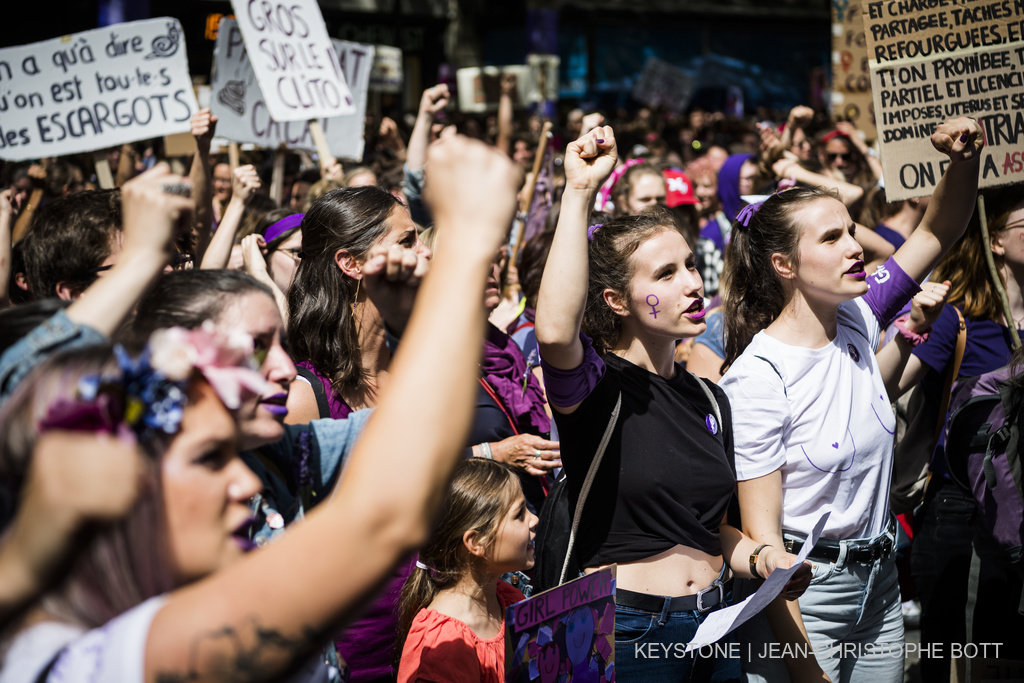
Top image: Women on strike in the streets of Zurich, Switzerland, on the occasion of the national women's strike on June 14, 1991 © KEYSTONE/Str
Image portrait : Sylvie Durrer




